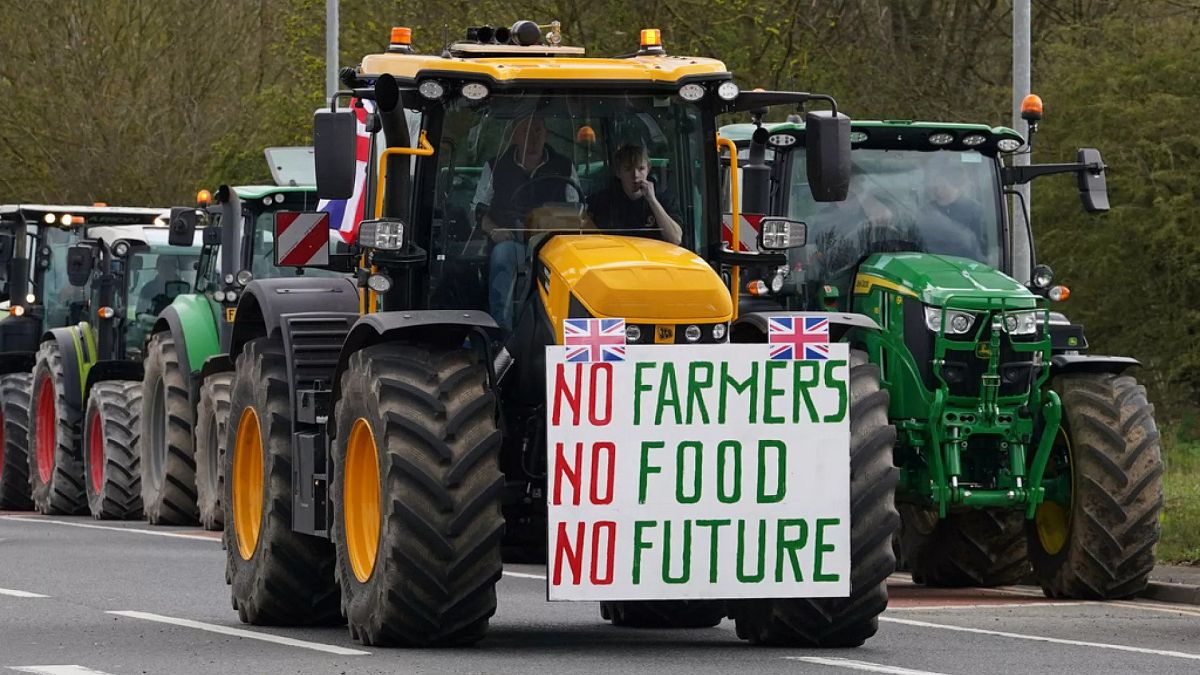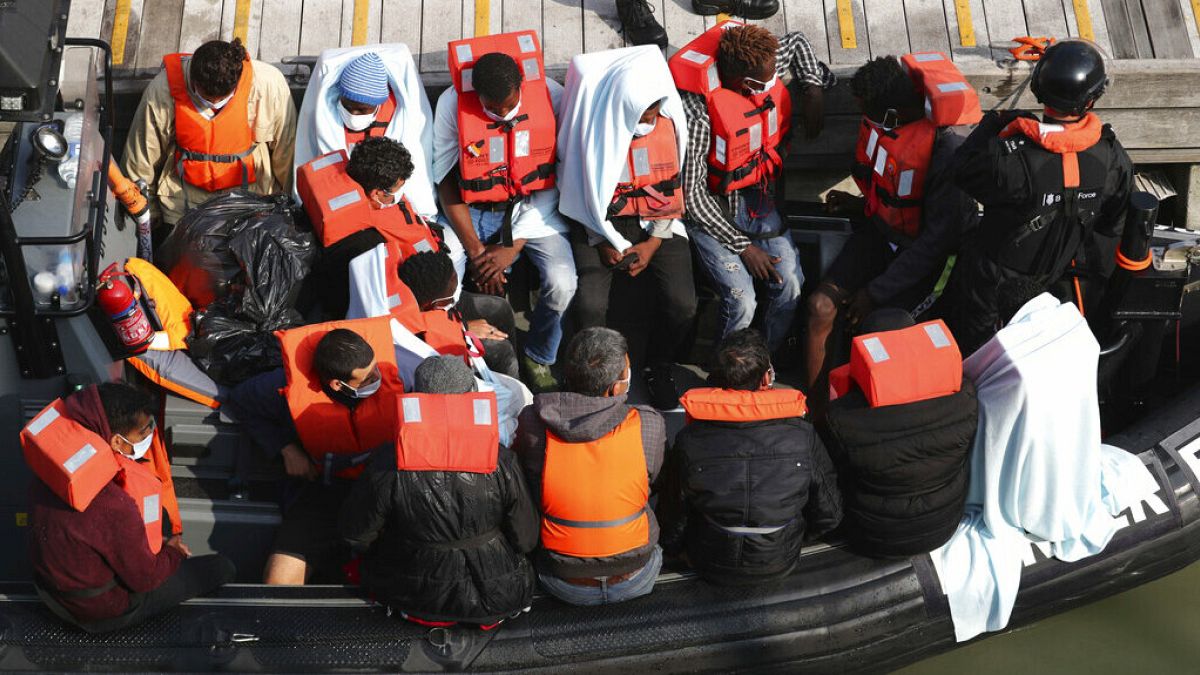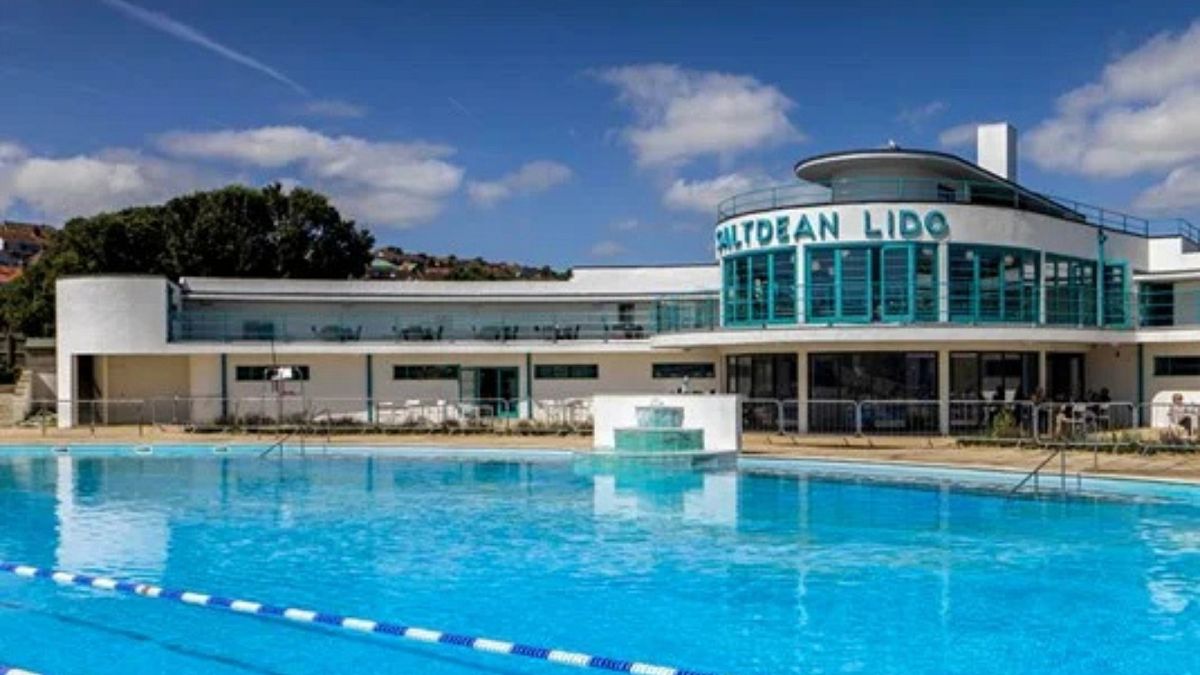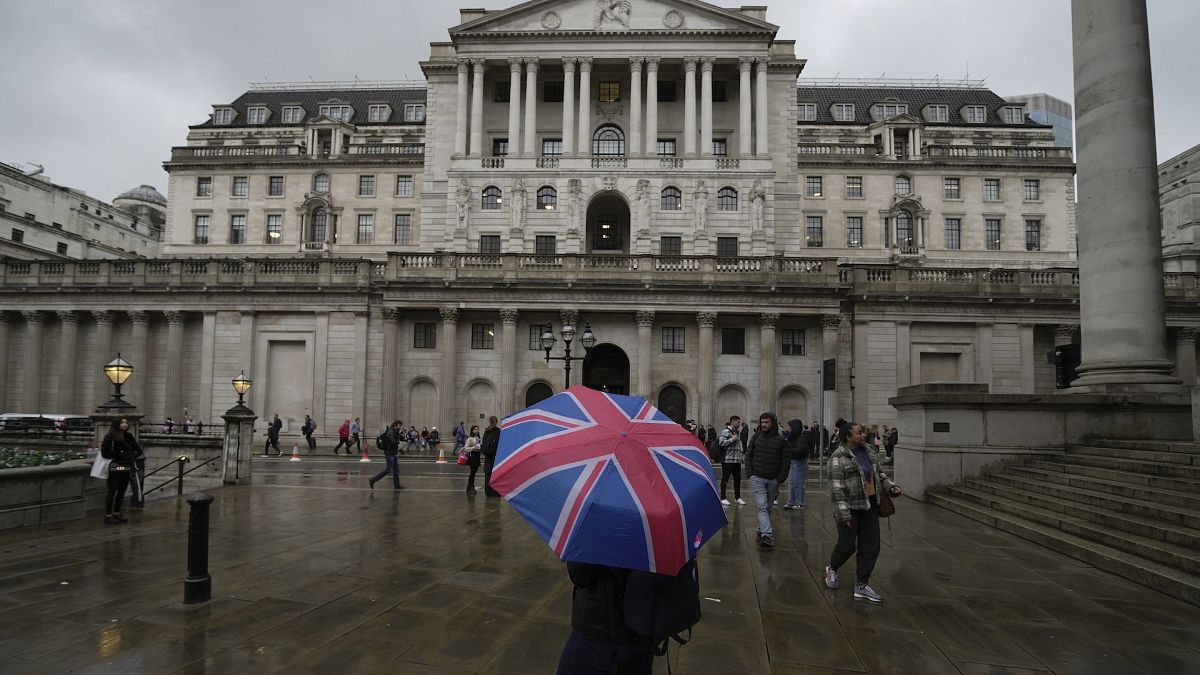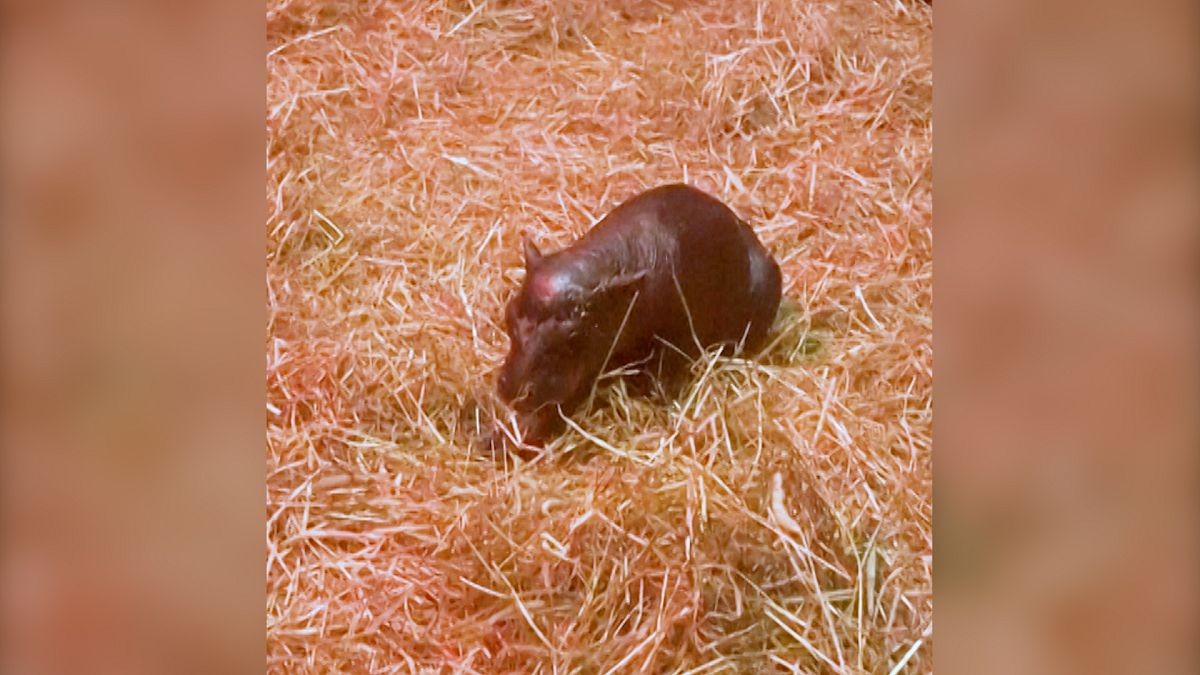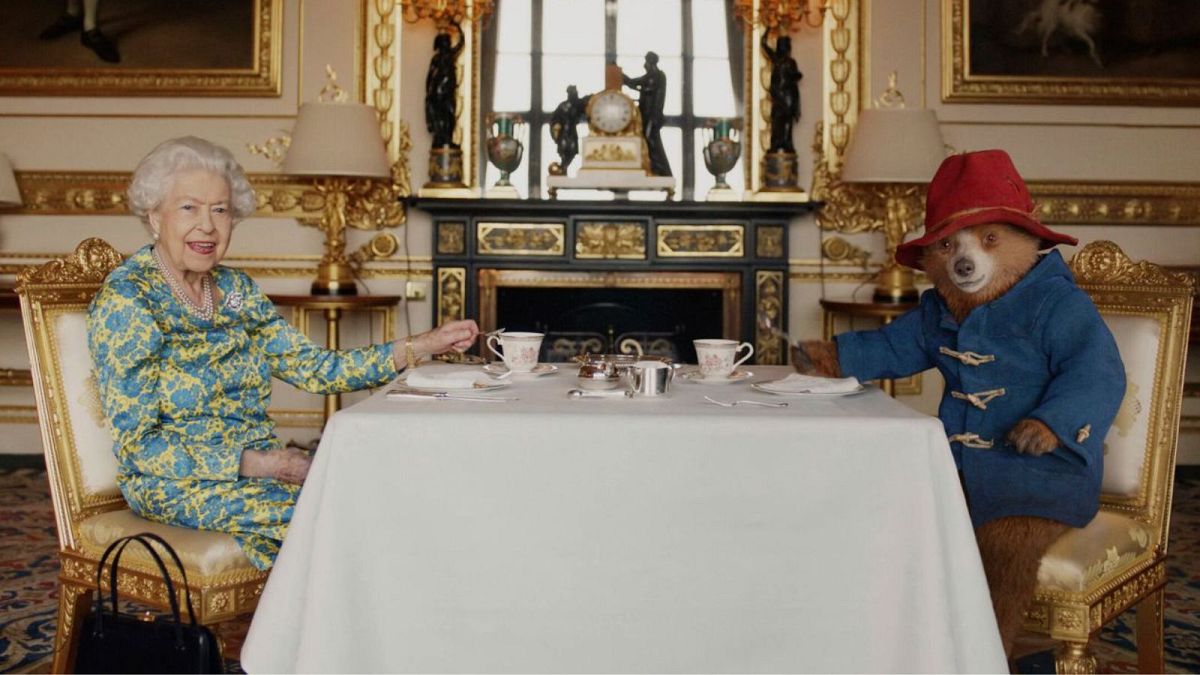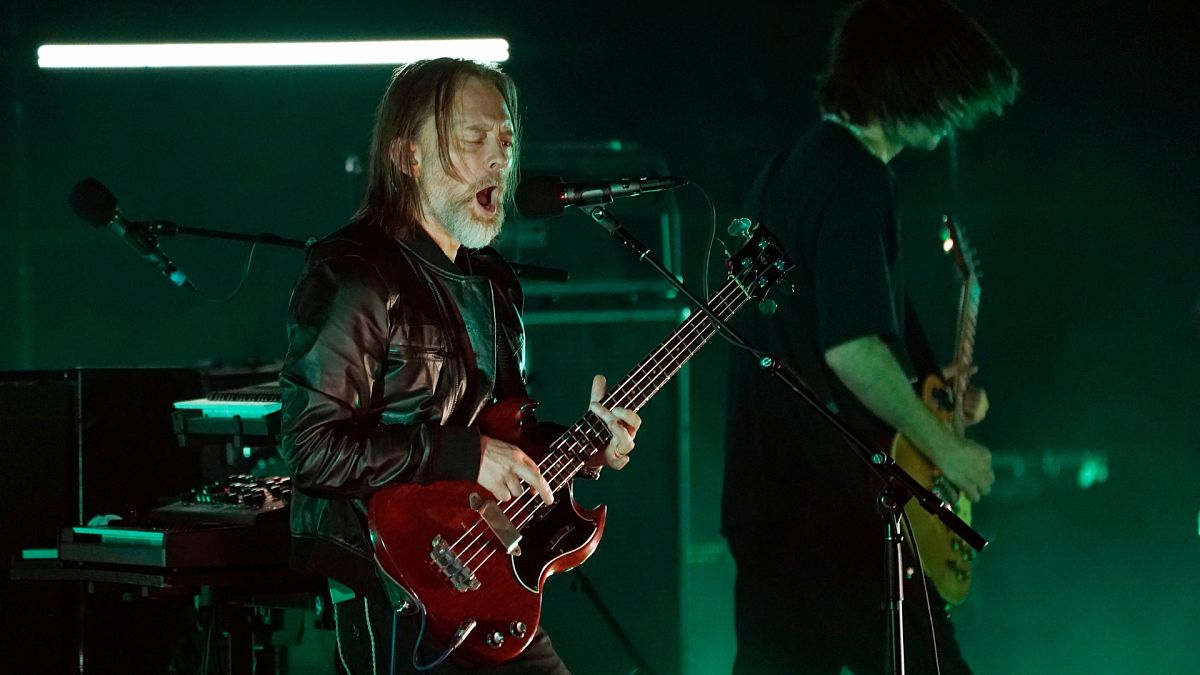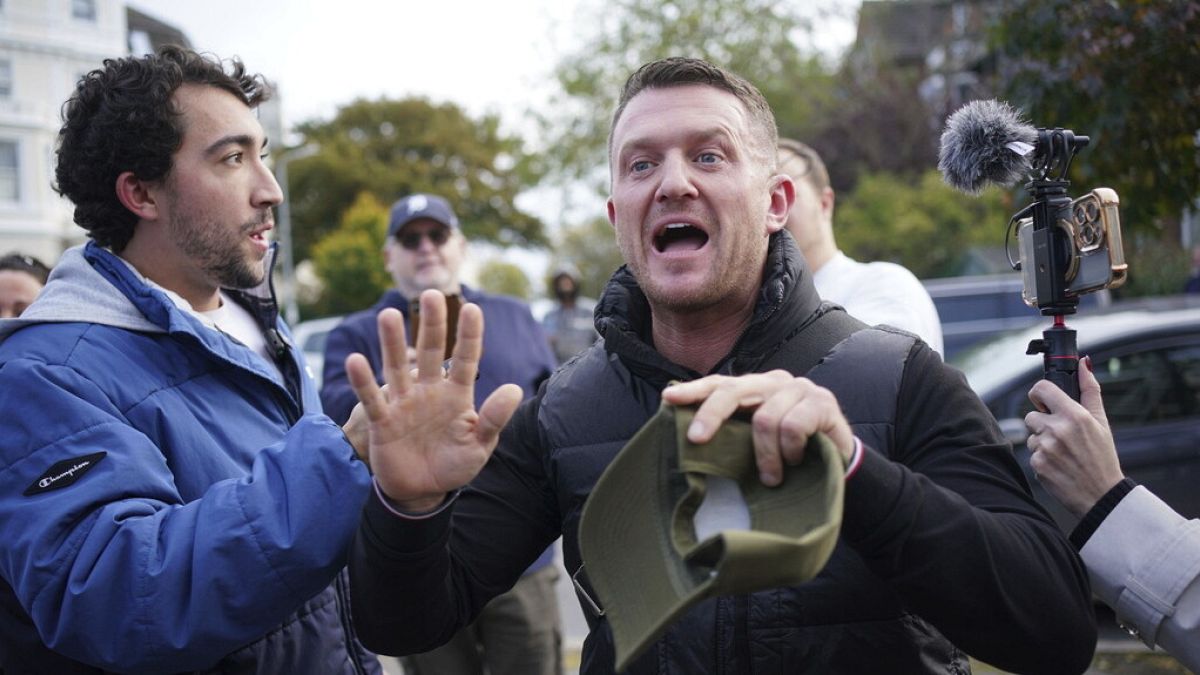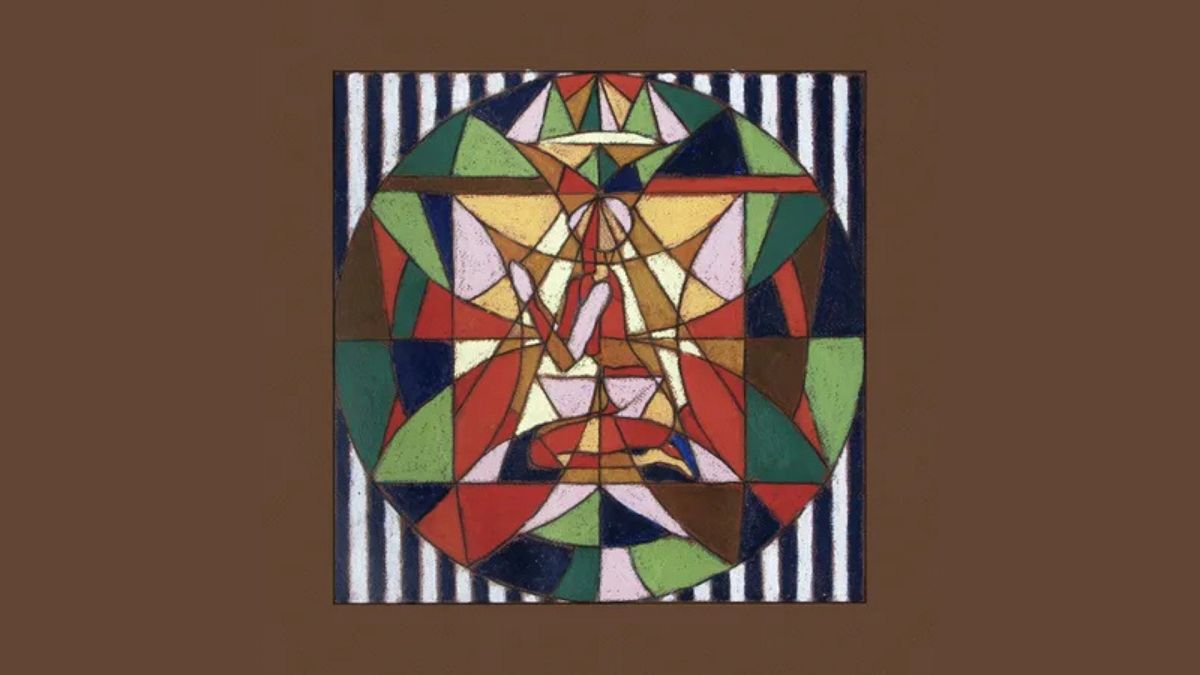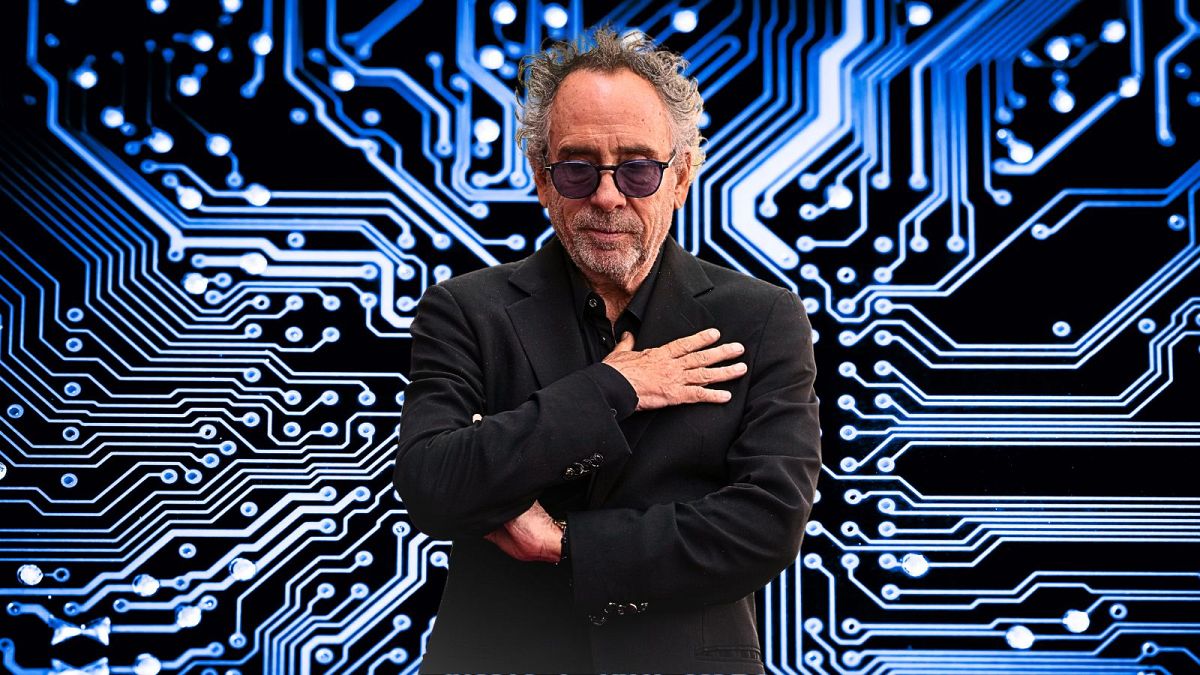Baillie Gifford prize winner rejects award over fossil fuel ties
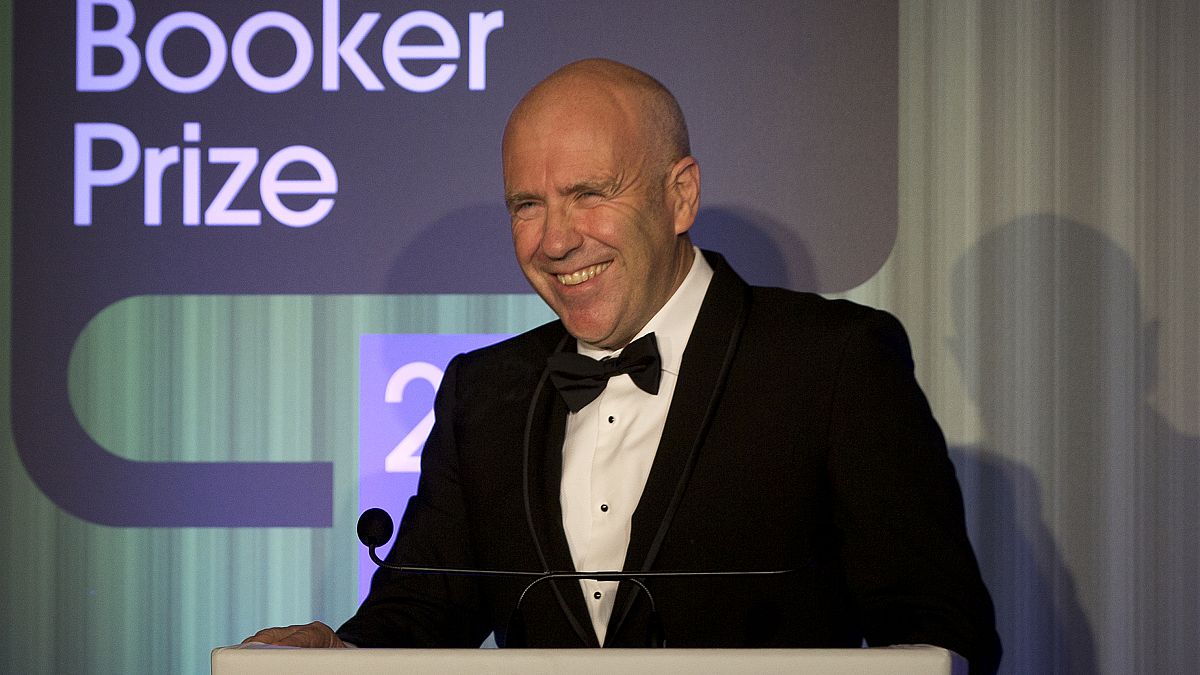
Richard Flanagan has been awarded the Baillie Gifford Prize for nonfiction for his book “Question 7” but refused the award over the firm’s ties to the fossil fuel industry.
Australian writer Richard Flanagan was awarded the £50,000 (€60,000) prize for his genre-bending memoir “Question 7” which combines autobiography, family history and the story of the development of the atomic bomb.
Although Flanagan couldn’t attend the London ceremony last night as he is trekking in the Tasmanian rainforest, he sent in a video message saying he wouldn’t accept the prize fund until the firm cuts off its investment in fossil fuel.
In his speech, Flanagan noted that he wasn’t intending to criticise the firm, but would welcome an opportunity to speak with Baillie Gifford’s board to “describe how fossil fuels are destroying our country”.
Over the past year, Baillie Gifford has come under increased public criticism for the industries the Scottish firm invests in.
Baillie Gifford entered the public eye in August 2023 when over 50 authors threatened to boycott the Edinburgh Book Festival over its investments in corporations that profit from fossil fuels.
At the time, it was reported that the firm had around £4.5 billion (€5.3 billion) invested in companies involved in oil and gas money. Baillie Gifford has sponsored many of the major literary festivals around the UK in recent years, including the Hay, Borders, and Cheltenham Book Festivals, alongside Edinburgh Book Festival and Fringe Festival.
After the Israeli assault on the Gaza Strip following the October 7 attacks by Hamas last year, the boycott, championed by pressure group Fossil Free Books, has also demand that Baillie Gifford also divest “from companies that profit from Israeli apartheid, occupation and genocide.”
Fossil Free Books’s pressure has succeeded to make the Hay Festival, Edinburgh International Book Festival, Wigtown Book Festival, and Borders Book Festival end their partnerships with Baillie Gifford. The Edinburgh Fringe Festival also came under pressure from Fossil Free Books, but CEO Shona McCarthy and the Fringe board voted to maintain the partnership.
Last month, the Ferret, a Scottish news company, criticised Baillie Gifford for their £17 million (€20.3 million) investment in AeroVironment, “a US company that makes drones loaded with explosives to destroy ground targets.”
Founded in 1999 by the firm, the nonfiction prize annually recognizes the best of English-language books from any country in current affairs, history, politics, science, sport, travel, biography, autobiography and the arts.
Flanagan’s rejection of the prize brings the firm’s controversial activity back into the spotlight once again, in part due to how esteemed a writer he is. Flanagan won the Booker Prize in 2014 for “The Narrow Road to the Deep North”, a novel that drew on his father’s experiences as a World War II prisoner of the Japanese military.
Baillie Gifford Prize director Toby Mundy said that for the same writer to win the leading UK-based fiction and nonfiction awards was “completely unprecedented.”
Journalist Isabel Hilton, who chaired the judging panel, said Flanagan had written a “meditative symphony of a book” that weaves together “enormous traumatic events of the 20th century … with an extraordinary personal narrative.”
Hilton said Flanagan’s fiction background was evident in the book’s inventiveness and “narrative beat.” “I think the book benefitted from that novelist’s eye,” she said.
Baillie Gifford partner Peter Singlehurst criticised Flanagan and the campaigners’ demands, saying “purity is illusory.”
“What is being demanded is something we cannot do,” he told attendees at the ceremony. “The literary community must either accept us as they find us, or not at all.”
Mundy said the nonfiction prize hoped to renew Baillie Gifford’s sponsorship, which ends in 2026. “They’ve been exemplary sponsors and I think exemplary supporters of the literary culture of this country,” he said.
Flanagan’s book beat five other finalists, including American writer Annie Jacobsen’s sobering “Nuclear War: A Scenario”, Pulitzer Prize winner Viet Thanh Nguyen’s autobiographical “A Man of Two Faces: A Memoir, A History, A Memorial”, British biographer Sue Prideaux’s “Wild Thing: A Life of Paul Gauguin”, Belgian author David Van Reybrouck’s decolonisation history “Revolusi: Indonesia and the Birth of the Modern World” and British doctor Rachel Clarke’s medical journey “The Story of a Heart”.
Last year’s winner was John Vaillant’s real-life climate-change thriller “Fire Weather: A True Story from a Hotter World”.
Source: Euro News


